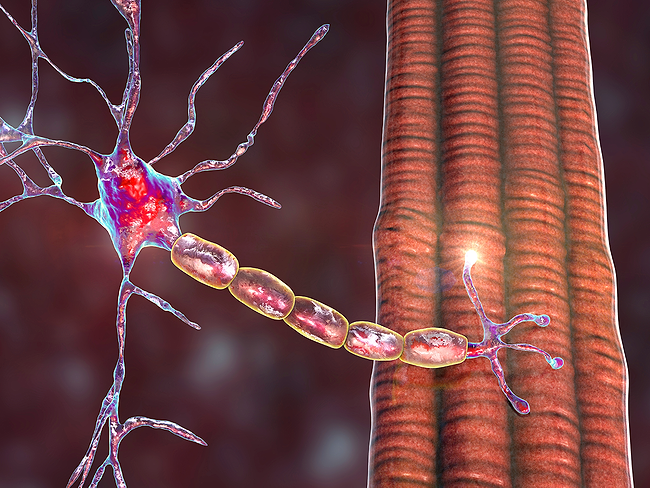
Neurology/psychiatric, BioWorld Science
Neurology/psychiatric
Nanobody inhibiting complement in the brain protects mice from progressive MS
Read MoreNeurology/psychiatric
Anti-CX3CR1 antibody prevents disease severity in multiple sclerosis model
Read MoreNeurology/psychiatric





